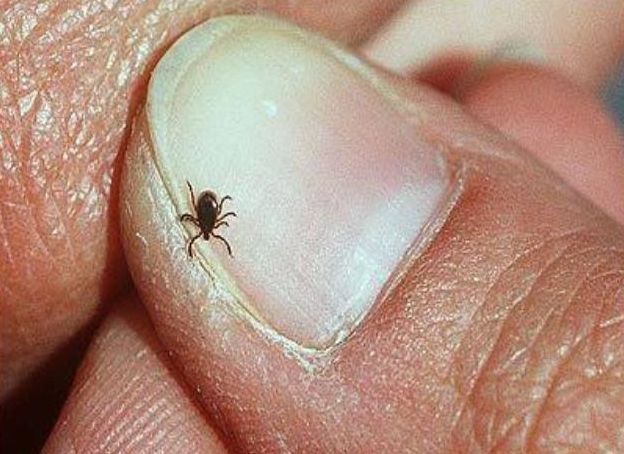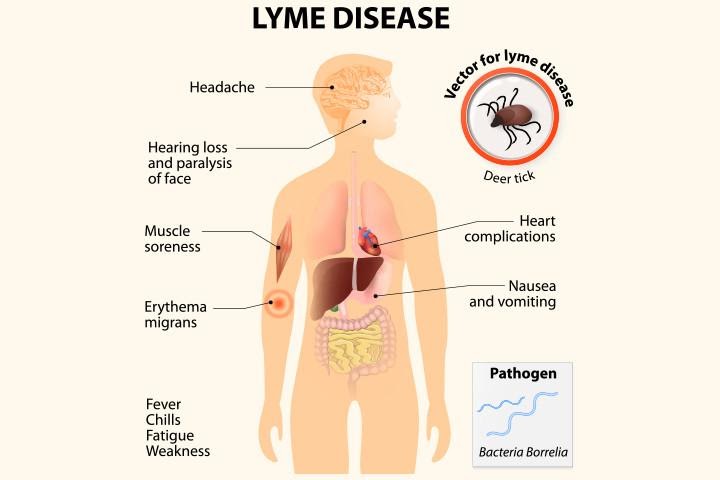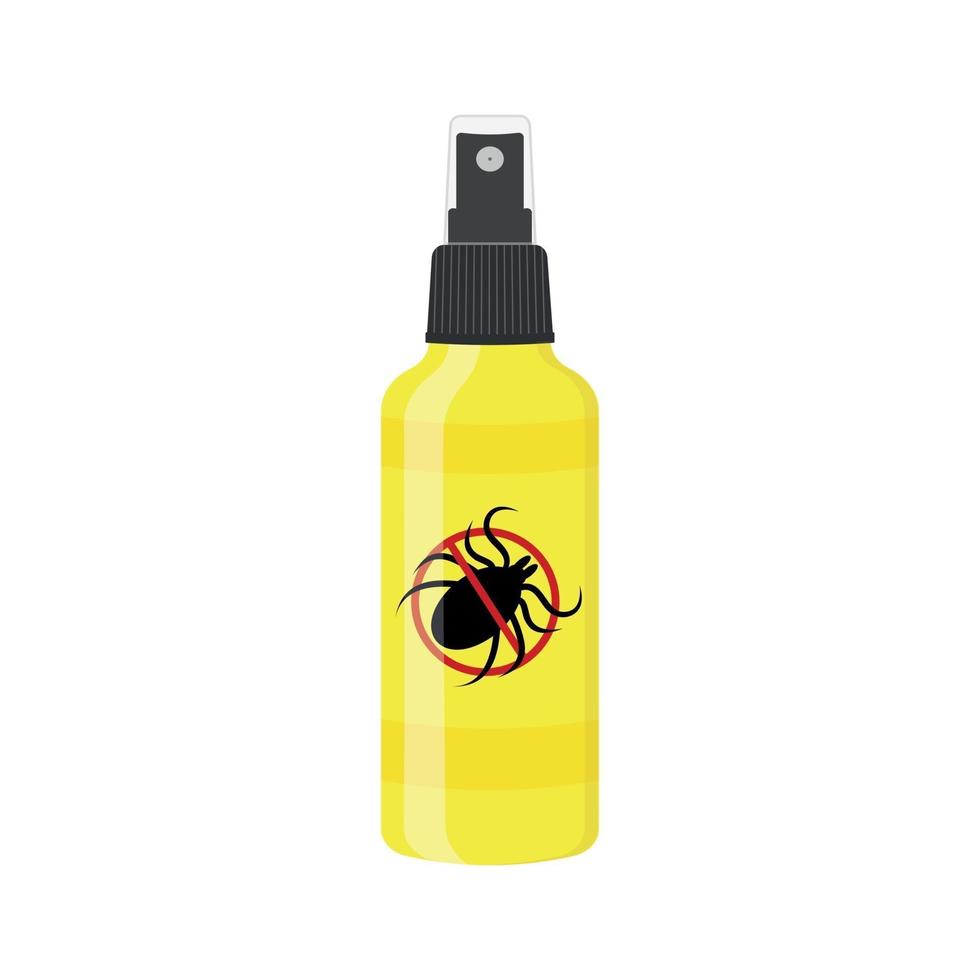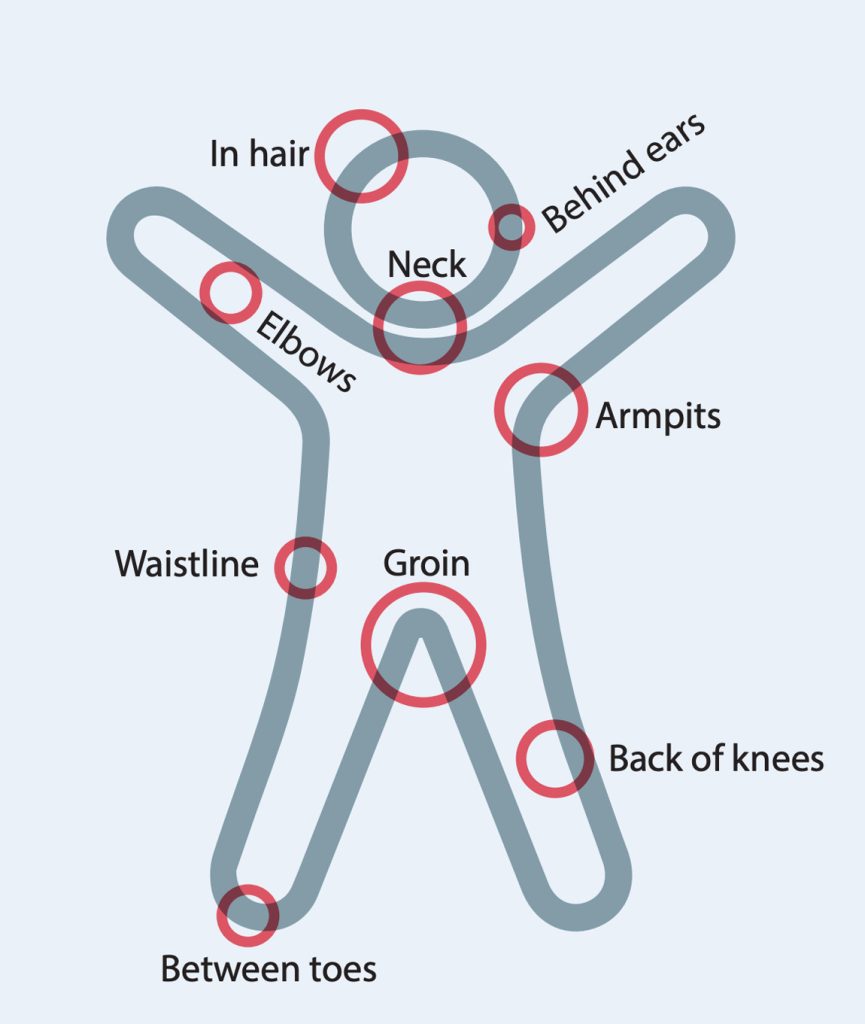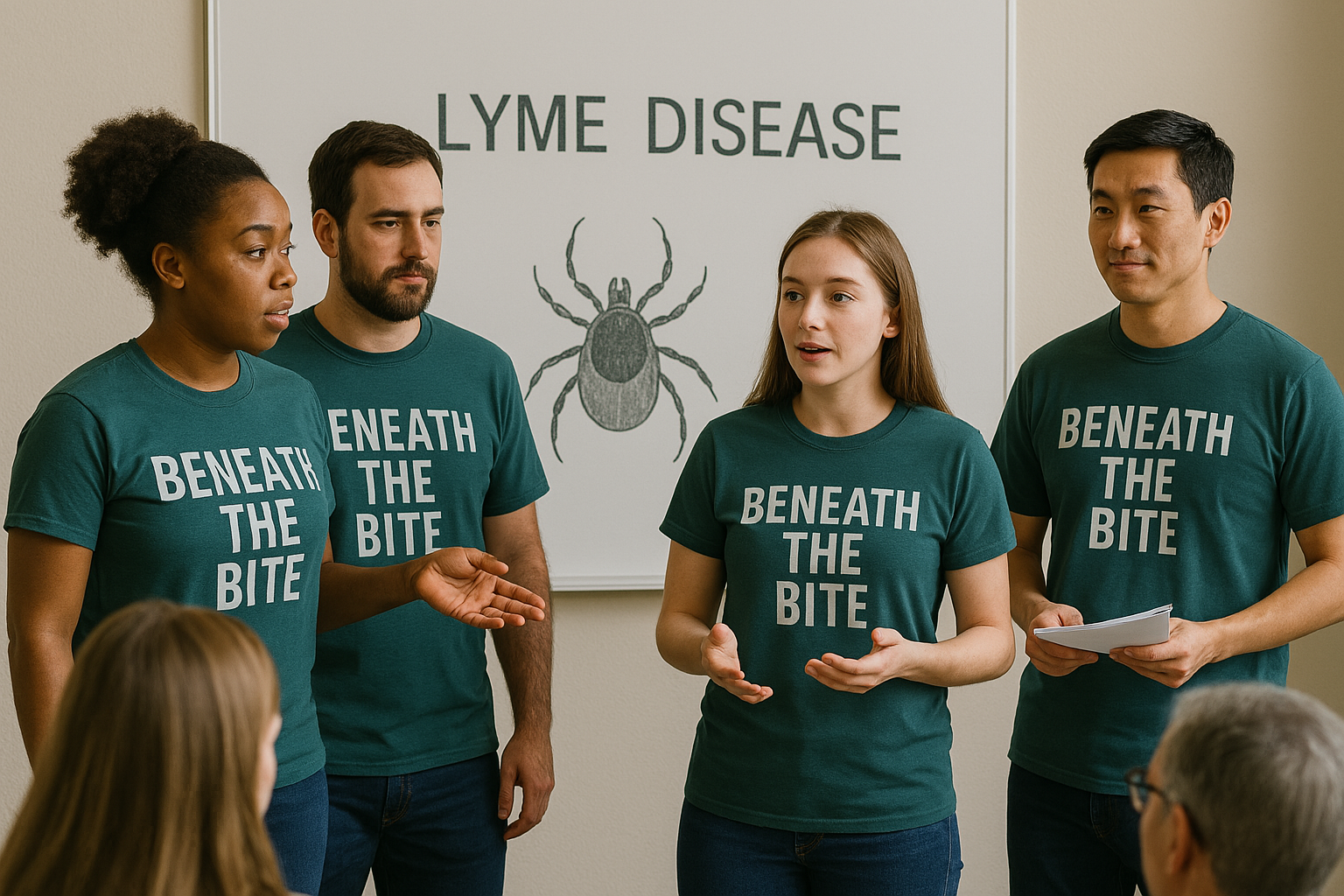
OUR MISSION
Beneath The Bite was founded with a clear mission: to provide accurate information about Lyme disease and increase public awareness through education and interactive learning.
Our team works tirelessly to develop resources that help people understand the risks, recognize symptoms, and take preventive measures against Lyme disease.
Through community outreach, educational programs, and innovative digital tools, we aim to reduce the incidence of Lyme disease and improve outcomes for those affected by it.
JOIN OUR CAUSE